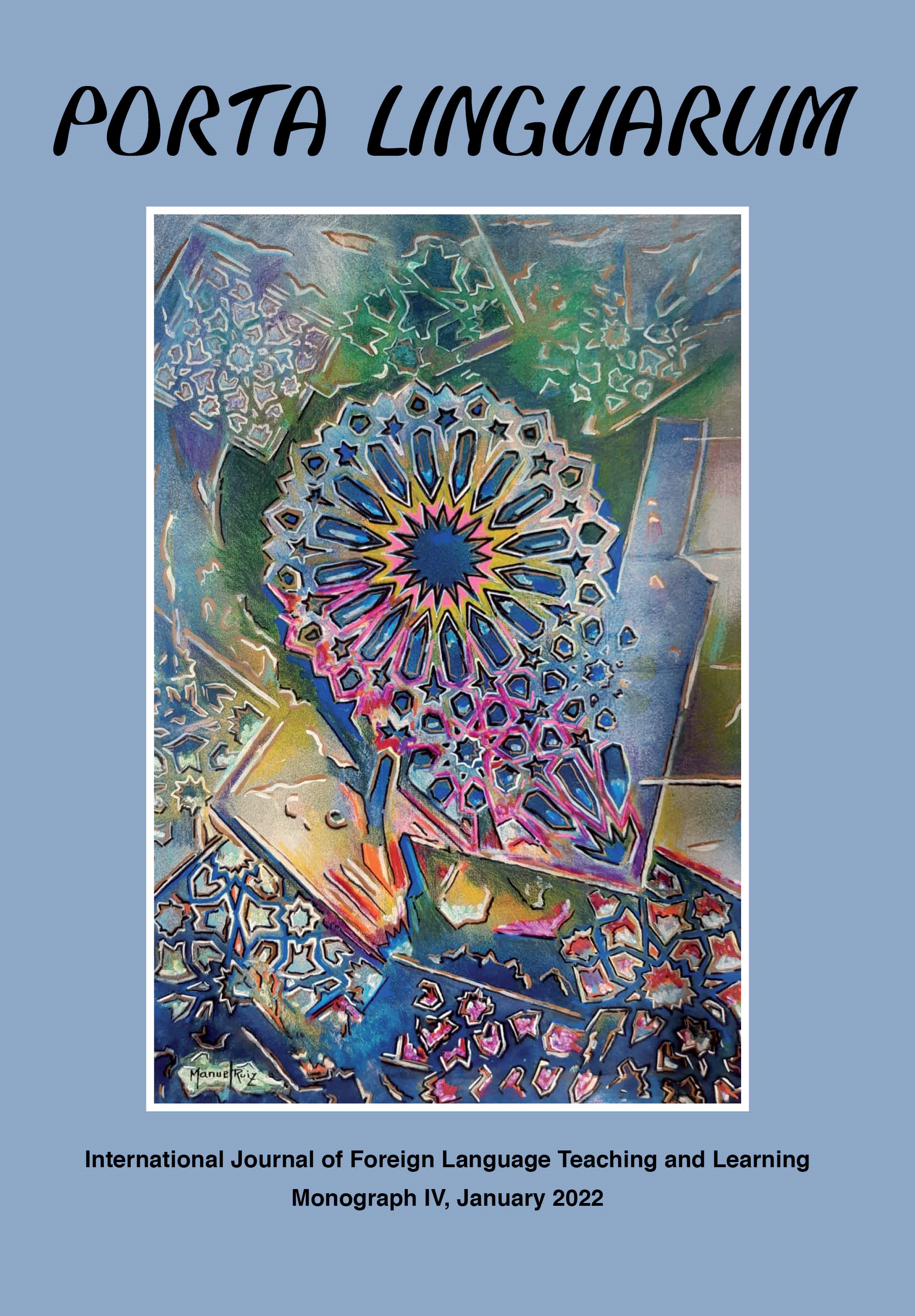The Impact of CLIL Teacher Education on the Beliefs of In-service CLIL Teachers
DOI:
https://doi.org/10.30827/portalin.vi.21587Keywords:
teacher beliefs, CLIL teacher education, teacher awareness, professional empowerment, professional developmentAbstract
This qualitative study investigates the impact of a CLIL teacher education programme on the beliefs that six in-service CLIL secondary school teachers of content subjects had about CLIL as a methodology for teaching and about using a FL as the means of instruction. The importance of CLIL teacher education provision is now uncontested, however, little research exists on the impact that those CLIL teacher education programmes may have on teachers’ beliefs. Data was collected by means of questionnaires and semi-structured interviews before and after the CLIL teacher education programme was delivered to teachers. Results showed that the programme had significant impact on the teachers’ beliefs. The programme enabled teachers to learn about, understand and become aware of what CLIL methodology is and implies both as regards the methodology itself and as regards language. Teachers gave voice to their beliefs and were able to reflect on their own previous (wrong) CLIL teaching practices, which had been informed by those beliefs. After the programme, the teachers had become empowered and confident professionals who were willing to implement real CLIL in a conscious way. This evidence of impact has important implications for CLIL teacher education provision and for effective CLIL implementation in classrooms.
Downloads
Downloads
Published
How to Cite
Issue
Section
License
The authors who publish in this journal agree to the following terms:
- The authors retain copyright and guarantee to the journal the right to be the first to publish the work as well as licensed under a Creative Commons Attribution License that allows others to share the work with an acknowledgement of the authorship of the work and the initial publication in this journal.
- Authors may separately enter into additional agreements for non-exclusive distribution of the version of the work published in the journal (e.g., placing it in an institutional repository or publishing it in a book), with acknowledgement of its initial publication in this journal.
- Authors are allowed and encouraged to disseminate their work electronically (e.g., in institutional repositories or on their own website) before and during the submission process, as this can lead to productive exchanges as well as earlier and greater citation of published work (see The Effect of Open Access).

















